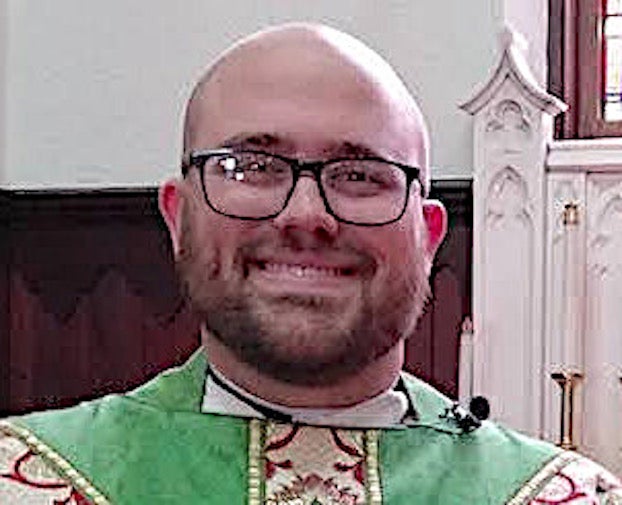Jesus would have attended Juneteenth
Published 3:03 pm Wednesday, June 22, 2022
|
Getting your Trinity Audio player ready...
|
Due to preexisting plans, I wasn’t able to make it to any of the Juneteenth celebrations this past weekend. By all accounts, the celebrations were wonderful moments marking that holy day when slaves in Texas finally learned of their two-year old freedom. Can you imagine the emotions of learning that your freedom was enacted years in the past? Relief, sure. Joy, I imagine. Yet, I can’t help but believe that the relief and joy would have been tinged with a deep frustration that freedom came two years late.
I’ve also seen tirades and tweets all over the internet that malign the fact that Juneteenth is now a federal holiday. One US Senator wrote, “There is only one Independence Day, and it’s not in June.” Perhaps this Senator is one of the many ineffectual politicians nobody listens to. More than likely, his tweet went right into the ears of those already primed to resist Juneteenth and the celebrations of Black American culture that come with it.
I wonder who that tweet was for. Black Americans who will suddenly find the dismissal of Juneteenth to be a right and good thing? Certainly not. It was for White Americans who just can’t let go of the power and control that White American culture has enjoyed for so long. Well, since we’re being honest with each other, let’s admit that Whiteness is still in power. But the death bells are tolling for an ideology that gathers strength only by stepping harder on the necks of those without the power.
For White Americans, Juneteenth is a reminder that the stories of European Americans and African Americans are parallel stories. There isn’t one America and there never has been. There isn’t a White equivalent of Juneteenth because White people were never considered property like those who suffered under chattel slavery. That’s not ancient history, either. We’re dealing with things less than 200 years old. In the grand history of human existence, 200 years feels like yesterday. Thus, Juneteenth is the continual process of emancipation that has yet to be fully realized.
In the Gospel of Luke, Jesus’ first sermon was one proclaiming the Year of the Lord’s Favor. He came home, to Nazareth, and offered a sermon that nearly got him killed. He spoke of releasing captives, healing the blind, and freeing the oppressed. He was evoking words from the prophet Isaiah and, in stunning fashion, declared that the words Isaiah spoke were fulfilled in his own life. Thus, in Jesus’ first sermon, he understood his ministry as one that fought back against the powers and principalities of the world that would keep the oppressed in chains and the pockets of the rich lined with coin.
In my early days as a practicing Christian, I was a part of a tradition that focused exclusively on Jesus’ death and resurrection. We certainly never focused on the aspects of Jesus ministry that caused so much social upheaval. You know, like eating with people society had cast out and hanging out with the disfigured and the sick. Jesus refused to allow the oppressive social order to dominate him and his ministry. His life was one of total opposition to these forces, and he was ultimately killed for the way both Religion and Empire couldn’t contain him.
I think about Jesus when I think about Juneteenth. I think Jesus would have been at every celebration this past weekend. Wherever freedom and liberation are, there is Jesus. Whenever people stand up to discrimination and injustice, there is Jesus. When people resist a political movement of dehumanization, there is Jesus. With a hammer in one hand and a banner of resistance in the other, Jesus still marches through this world looking for chains to shatter and blind eyes to open.
Chris Adams is the Rector at St. Peter’s Episcopal Church in Washington.






